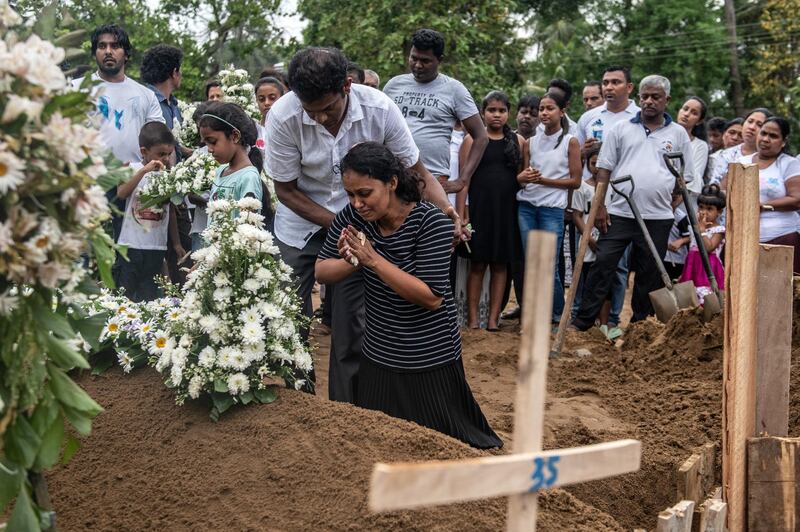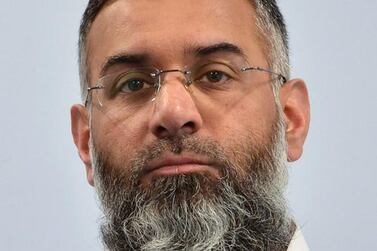The Sri Lankan terrorist educated in Britain is believed to have been exposed to radicalised hate preachers while studying there.
Abdul Lathief Jameel Mohamed studied aerospace engineering at Kingston University in London at the same time a notorious extremist preacher gave a speech at the university.
Shakeel Begg, a UK imam at London’s Lewisham Mosque, which was attended by the killers of British soldier Lee Rigby in 2013, gave a talk at the universty in 2006, when Mohamed was studying there.
The university was heavily criticised in 2012 by David Cameron, who was UK prime minister at the time, as being one of the worst institutions in the country for allowing radical speakers. The university has denied the claim.
A judge later described Begg’s speeches, including his 2006 talk, as dangerous and said they would “plant the seed of extremism in a young mind”.
Mohamed went to the UK to study in January 2006 and returned to Sri Lanka in September 2007. He briefly returned to the UK in 2008.
He returned to Sri Lanka and on Easter Sunday tried to bomb the luxury Taj Samudra hotel in Colombo. But a malfunction caused his bomb to explode near a small guesthouse instead, killing a tourist.
His sister Samsul Hidaya told Mailonline on Thursday that he became more radicalised after his studies and would berate his family for not adhering to his strict beliefs.
She said it was after his time abroad that his descent into extremism took hold more deeply and he became detached from his five siblings.
“My brother became deeply, deeply religious while he was in Australia,” she said.
“He was normal when he went to study in Britain, and normal when he came back. But after he did his postgraduate in Australia, he came back to Sri Lanka a different man.
“He told male relatives off for trimming their beards and became angry and totally crazy.”
It is believed Mohamed returned the UK during his time studying in Australia.
Counterterrorism police are investigating links he may have had to British extremists. Kingston University would not deny he had enrolled in its courses.
Mohamed, who was from an affluent tea trading family in Kandy, had been left money by his grandfather and was living in an upmarket part of Colombo before the attack.
Sri Lanka’s Prime Minister Ranil Wickremesinghe said the bombers were from upper and middle-class backgrounds and were well educated.
Mr Wickremesinghe said several of them were under surveillance before the attacks, but that there had not been sufficient evidence to take them into custody.
Two of Mohamed’s accomplices have been identified as the sons of one of Sri Lanka’s wealthiest spice barons.
On Thursday, the British Foreign Office said further attacks were “very likely” and advised against all travel to Sri Lanka.
That came as officials suggested the targeting of tourists and Christian churches may have been in retaliation for the Christchurch mosque attacks in New Zealand.
Mohamed’s younger sister emigrated to New Zealand several years ago, but was not living in the vicinity of the attacks.







